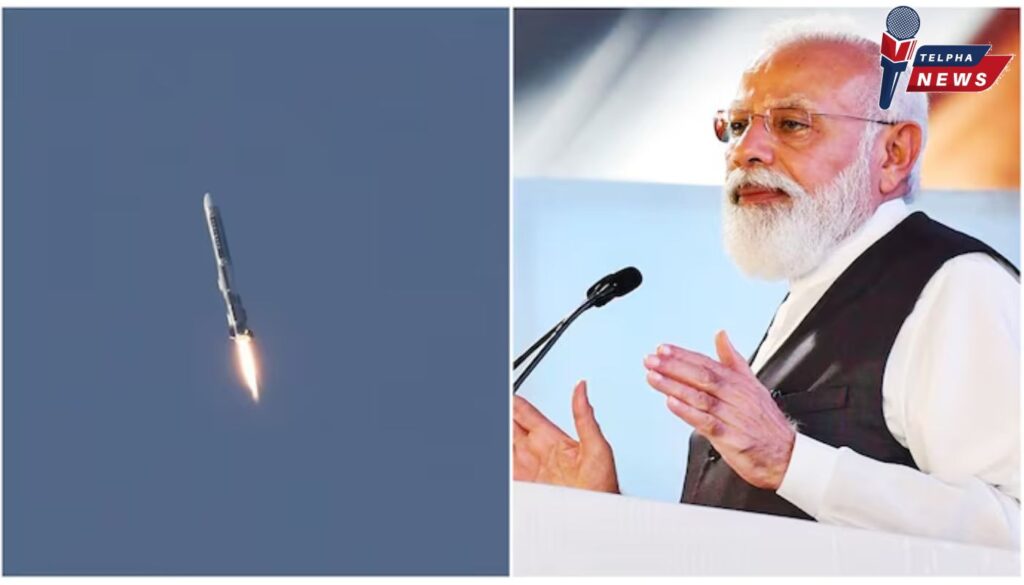
Introduction
In a historic achievement for India’s burgeoning private space sector, Agnikul Cosmos successfully launched its Agnibaan rocket, powered by the world’s first single-piece 3D printed semi-cryogenic engine. This remarkable feat has drawn accolades from Prime Minister Narendra Modi, who praised the startup’s innovation and its potential to make the nation proud.
The Agnibaan Rocket: A Technological Marvel
Founded in 2017 by engineers from the Indian Institute of Technology Madras, Agnikul Cosmos has been at the forefront of space innovation. The Agnibaan rocket is designed to carry payloads of up to 100 kg to low earth orbits. Its unique semi-cryogenic engine runs on a spin-stabilized cryogenic and kerosene-based liquid propellant, setting it apart from conventional solid and liquid fuel-based rockets.
Prime Minister’s Commendation
Prime Minister Narendra Modi’s congratulatory message underscores the significance of this achievement. He hailed the Agnikul team’s ingenuity and extended his best wishes for their future endeavors. Modi’s recognition is not just a nod to Agnikul’s success but also a testament to the growing importance of private players in India’s space sector.
Opening Up India’s Space Sector
The successful launch is a major boost to the Indian government’s initiative to promote private participation in the space industry. Opened up in 2020, the sector has since seen a surge in startups like Agnikul, which are now building rockets and satellites. This policy change aims to enhance the country’s launch capabilities, making space more accessible and affordable.
The Role of 3D Printing in Space Exploration
Agnikul’s use of 3D printing technology to manufacture the Agnibaan’s semi-cryogenic engine is a significant breakthrough. This method reduces production time and costs, allowing for rapid prototyping and innovation. The successful test demonstrates Agnikul’s capability to locally produce complex rocket engines, positioning it as a leader in additive manufacturing for space applications.
Future Endeavors
Agnikul aims to conduct small satellite launch missions from the Satish Dhawan Space Centre on India’s east coast. With the successful demonstration of their engine, they are well on their way to achieving this goal by the end of 2023. This will not only bolster India’s position in the global space market but also pave the way for more frequent and cost-effective space missions.